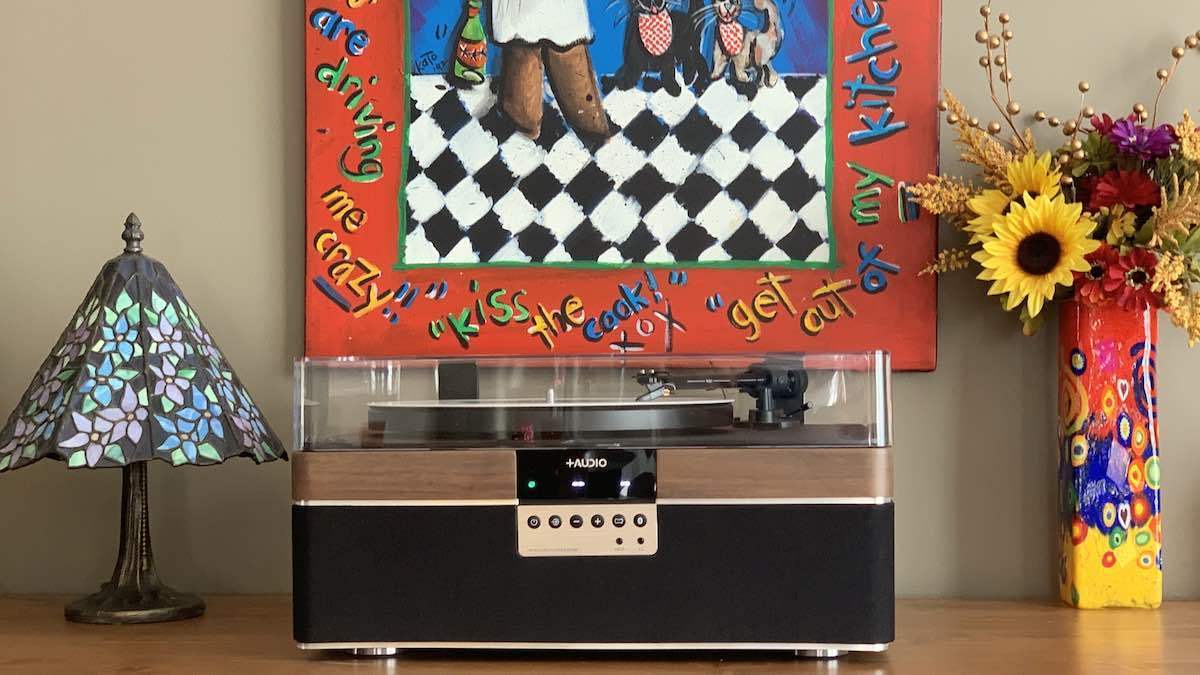Jane McGonigal is well-known for her book Reality Is Broken and her TED talks about gaming, about how gaming and game design can be used to better the world. Her latest book is SuperBetter: A Revolutionary Approach to Getting Stronger, Happier, Braver, and More Resilient. I interviewed McGonigal recently and talked to her about how the skills we learned from gaming can make us better.
You can listen to the podcast in the embedded player here, or download the MP3.
Your browser does not support the audio element.
Several years ago, McGonigal got a concussion and her recovery was going poorly. She decided to use her skills as a game designer to create a heroic persona–Jane the Concussion Slayer–and then turned her recovery into a game, which she called SuperBetter. She wrote about the game on her site, and other people tried to do the same thing for their own challenges: a cancer diagnosis, loss of a spouse, unemployment.
Now, over 400,000 people have played the game and McGonigal’s new book explains the science behind the game and how to use it and other skills often found in videogames to improve our lives.
There’s a lot to digest, but even from the first chapter, McGonigal introduces “Quests,” or little exercises meant to teach you small things that you can do to start building up physical, mental, emotional, and social resilience. They start off simple: standing up, or looking out a window, or shaking somebody’s hand. With each one, you get an explanation of the science behind the quest: what it does for you and why it works.
A lot of us here at GeekDad (and, I imagine, a lot of you readers) play videogames, whether that’s on a computer or a console or your smartphone–and your kids do, too. The good news that McGonigal shares is that all that gaming can actually make you better, and not just in the games that you’re playing. There are skills that you and your kids can carry into work and school, relationships with family and friends, and more. However, it’s crucial how you approach games and whether you treat them as simple escapism or as a tool–your mindset has a huge impact on whether games will help you solve problems or create them.
And for those of you who aren’t gamers, this book is still a valuable resource. For many of the skills, McGonigal explains how you might have learned the skill from a videogame, but also gives examples of other non-gaming activities that may encourage the same type of growth. The quests in the book generally aren’t videogames, but things that you can put to use in a variety of situations.
While the initial intent of the SuperBetter game was to help McGonigal heal from a concussion, she explains that it isn’t just for those who have suffered trauma. The “post-traumatic growth” that some people experience can also be had by those who haven’t gone through a severe trauma. Researchers call it “post-ecstatic growth,” and it’s usually achieved by taking on a big challenge voluntarily. I’ve been encouraging my wife to use some of the exercises in the book to help with a knee injury, but I’ve also been thinking about what sort of major challenge I might attempt myself so I can put the book to use in my own life.
SuperBetter reminds me a little of NurtureShock, one of my favorite books about parenting–they’re both built on a solid foundation of research studies and statistics, but are written in a way that is entertaining and engaging. McGonigal explains the science and also includes anecdotes from her own life or from people who have shared their own experiences with the SuperBetter game.
The book itself is broken up into three parts. The first just explains a bit about the psychology of games and what we can learn from them. The second part explains the pieces of the SuperBetter game, teaching you how to approach life with a “gameful” attitude. The final part includes three “Adventures” each intended to build up your resilience in different ways. That section is intended to take six weeks, with one quest a day. I haven’t gotten to that portion yet, but I’m hoping to give it a shot to see how it works.
I’m pretty excited about SuperBetter. I think a lot of it clicks with my own approach to problems, but it gives me concrete steps I can take to incrementally improve my skills. As I read the book, I kept finding things to bookmark that I wanted to share with my wife or my kids, little tricks that could help them deal with anxiety or physical pain, or help them focus. Whether you’re going through a difficulty of some sort now or you just want to get better at something, I highly recommend reading SuperBetter and giving it a try.
SuperBetter was released today. You can play the SuperBetter game online, or download the app for iOS or Android.
Thanks to fellow GeekDad Gerry Tolbert for audio editing assistance!
Author photo by Kiyash Monsef, used with permission.
Podcast: Play in new window | Download (28.5MB)
Subscribe: RSS



